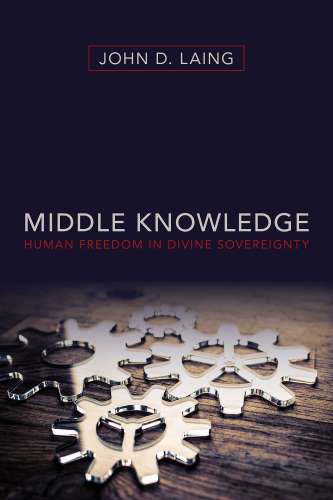Middle Knowledge: Human Freedom in Divine Sovereignty
DOI:
https://doi.org/10.36421/veritas.v20i1.417Keywords:
Middle knowledge, Providence, Sovereignty, Human Free WillAbstract
Molinism has been gaining traction in various circles within the last few decades as one of the major models for reconciling divine sovereignty and human freedom among the Reformed, Arminians, open theists, process theists, and possibly more. Luis de Molina (1535-1600) was thought to popularize the idea that God’s so-called middle knowledge is an additional category within our typical twofold understanding of divine foreknowledge. Thus, middle knowledge exists between God’s natural knowledge and free knowledge to conceptualize three logical successions within the Godhead as he creatively decides to decree and actualize the world we see today. Through this somewhat ambitious project to contrast and defend Molinism against other positions, John Laing has written one of the most rigorous and comprehensive treatments of the doctrine of middle knowledge or Molinism. His work is exemplary in many ways, especially as an evangelical theologian who attempts to fill the gap within evangelical scholarships on Molinism.
Downloads
References
Laing, John D. Middle Knowledge: Human Freedom in Divine Sovereignty. Grand Rapids: Kregel Academic, 2018

Downloads
Published
How to Cite
Issue
Section
License
Copyright (c) 2021 Wilson Jeremiah

This work is licensed under a Creative Commons Attribution-NonCommercial-ShareAlike 4.0 International License.












